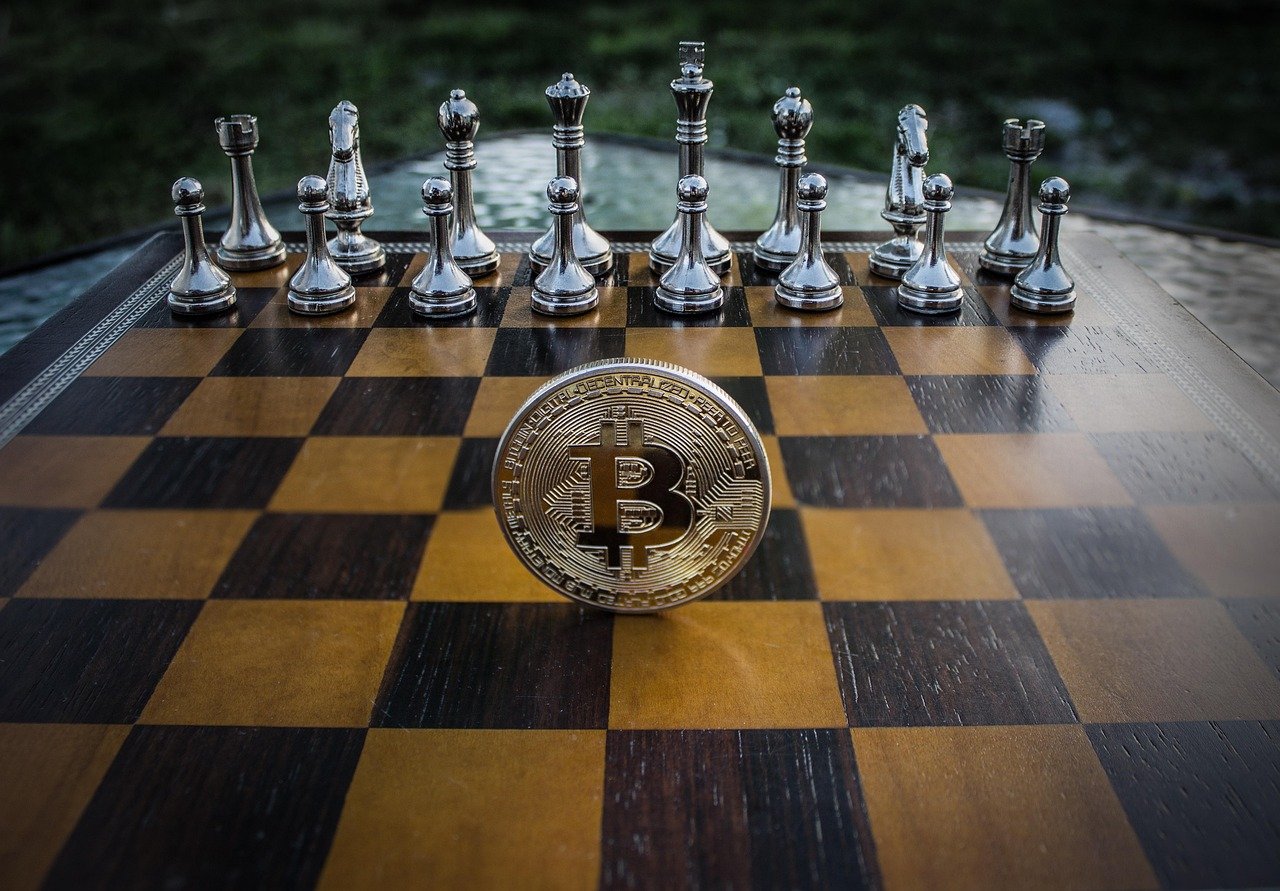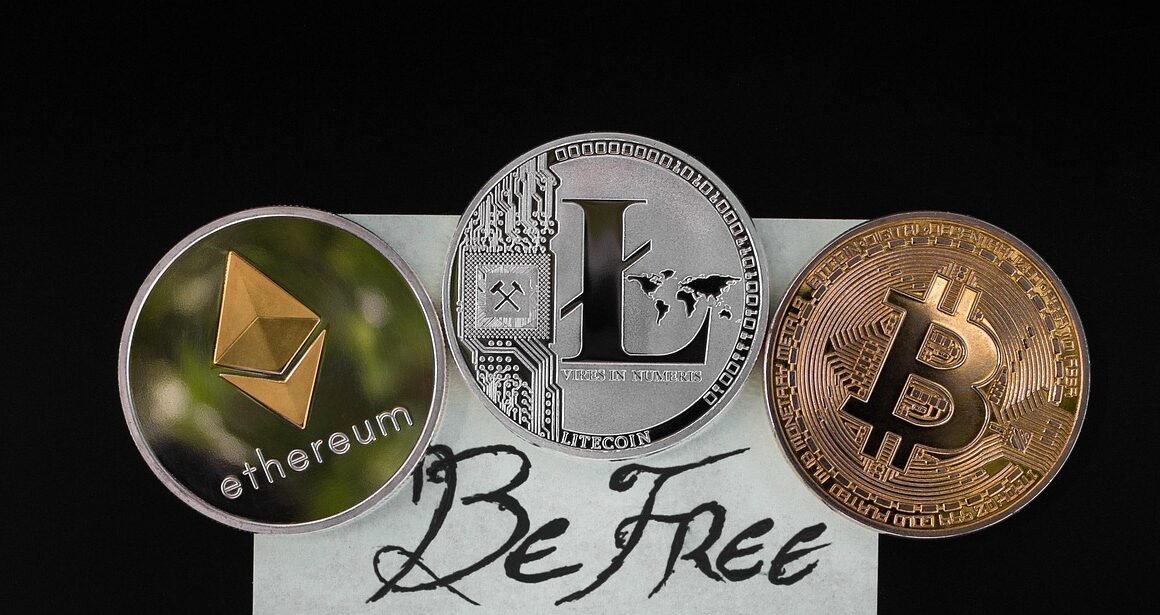Imagine stepping into a digital world where the boundaries between the physical and virtual blur. A place where you can work, socialize, shop, and create, all from the comfort of your home. This is the promise of the metaverse, a concept that has captured the imagination of tech enthusiasts, businesses, and everyday users alike. But what exactly is the metaverse, and what potential does it hold for the future? Let’s dive in.
What is the Metaverse?
The metaverse is more than just a virtual reality world; it’s a persistent, shared, 3D virtual environment that’s interactive, immersive, and collaborative. Think of it as the next evolution of the internet, where instead of just browsing websites, you inhabit them.
Key Characteristics of the Metaverse
- Persistence: The metaverse continues to exist and function even when you’re not actively participating. Actions and events persist.
- Real-time Interactions: Users can interact with each other and the environment in real-time, creating a sense of presence and immediacy.
- Economy: A functioning economy within the metaverse allows users to create, own, buy, and sell virtual goods and experiences.
- Interoperability: The ability to seamlessly move between different virtual worlds within the metaverse with your avatar and assets.
- Decentralization: Many proponents of the metaverse envision it being built on decentralized technologies like blockchain, promoting user ownership and control.
Examples of Metaverse Platforms
Several platforms are already laying the groundwork for the metaverse, offering different interpretations and functionalities:
- Meta (Horizon Worlds): Meta’s vision focuses on social experiences, virtual meetings, and immersive environments. Users can create avatars and explore various worlds.
- Decentraland: A decentralized virtual world where users can buy, sell, and develop virtual land using the MANA cryptocurrency.
- The Sandbox: A user-generated content platform where players can create, own, and monetize their gaming experiences using the SAND cryptocurrency.
- Roblox: Popular with younger audiences, Roblox offers a platform for creating and playing games, as well as attending virtual concerts and social events.
- Fortnite: While primarily a game, Fortnite has expanded to host virtual concerts, movie screenings, and other social experiences, blurring the lines between gaming and the metaverse.
The Potential Applications of the Metaverse
The metaverse offers a vast array of potential applications across various industries. It is not just about entertainment; it’s about transforming how we work, learn, and connect with each other.
Business and Commerce
- Virtual Workspaces: Companies can create immersive virtual workspaces for remote teams, enhancing collaboration and communication. Imagine attending a meeting in a virtual office or collaborating on a 3D design project in a shared virtual space.
- Virtual Shopping: Retailers can create immersive virtual stores where customers can browse products, try them on virtually, and interact with sales representatives in real-time. Nike’s RTFKT acquisition is a prime example, allowing them to create virtual sneakers and apparel for avatars.
- Marketing and Advertising: Brands can leverage the metaverse for innovative marketing campaigns, creating interactive experiences and sponsoring virtual events. Think virtual concerts sponsored by major brands or in-game advertisements that are seamlessly integrated into the environment.
- Training and Education: The metaverse can provide realistic simulations for training in various fields, from surgery to engineering. Imagine practicing complex surgical procedures in a virtual environment without the risk of harming real patients.
Entertainment and Social Interaction
- Virtual Concerts and Events: Artists can perform live concerts in the metaverse, reaching a global audience and creating unique immersive experiences. Ariana Grande’s virtual concert in Fortnite attracted millions of viewers.
- Social Gatherings: The metaverse can provide virtual spaces for friends and family to connect, play games, and share experiences. This can be particularly valuable for people who are geographically separated.
- Gaming: The metaverse can enhance gaming experiences by providing more immersive and interactive environments, allowing players to collaborate, compete, and create their own content.
- Museums and Art Galleries: Explore virtual museums and art galleries from the comfort of your home, interacting with exhibits and connecting with other art enthusiasts.
Education and Research
- Immersive Learning Environments: The metaverse can create immersive learning environments that enhance engagement and understanding. Imagine learning about ancient history by exploring a virtual recreation of ancient Rome.
- Virtual Labs and Research Facilities: Researchers can use the metaverse to conduct experiments in a safe and controlled environment. Imagine studying the effects of different environmental conditions on virtual ecosystems.
- Collaborative Research: Researchers from different institutions can collaborate on projects in a shared virtual space, sharing data and ideas in real-time.
Challenges and Considerations
While the metaverse holds immense promise, it also faces several challenges that need to be addressed before it can reach its full potential.
Technological Limitations
- Hardware Requirements: Accessing the metaverse often requires expensive virtual reality headsets and powerful computers, creating a barrier to entry for many users.
- Bandwidth Limitations: High-speed internet is essential for seamless metaverse experiences. Bandwidth limitations can result in lag and poor performance.
- Graphics and Processing Power: Creating realistic and immersive metaverse environments requires significant graphics and processing power, which can strain existing technology.
Security and Privacy Concerns
- Data Security: Protecting user data in the metaverse is crucial. There is a risk of data breaches and identity theft if security measures are not robust.
- Privacy Issues: Collecting and using user data in the metaverse raises privacy concerns. It is important to establish clear guidelines and regulations to protect user privacy.
- Content Moderation: Moderating content in the metaverse is a complex challenge. It is important to find a balance between free expression and preventing harassment and abuse.
Ethical and Societal Implications
- Digital Divide: The metaverse could exacerbate the digital divide, creating a gap between those who have access to the technology and those who do not.
- Social Isolation: Spending too much time in the metaverse could lead to social isolation and a detachment from the real world.
- Addiction: The immersive nature of the metaverse could be addictive, leading to negative consequences for individuals and society.
Legal and Regulatory Framework
- Intellectual Property Rights: Protecting intellectual property in the metaverse is a complex legal challenge.
- Jurisdiction: Determining jurisdiction in the metaverse is difficult, as users can be located anywhere in the world.
- Regulation: Governments and regulatory bodies need to develop clear guidelines and regulations to address the legal and ethical challenges of the metaverse.
Getting Involved in the Metaverse
Interested in exploring the metaverse? Here are some ways to get started:
Choose a Platform
- Research Different Platforms: Explore different metaverse platforms like Meta’s Horizon Worlds, Decentraland, The Sandbox, and Roblox to find one that aligns with your interests.
- Create an Account: Sign up for an account on your chosen platform.
- Download the Necessary Software: Download and install the necessary software, such as the platform’s application or a virtual reality headset driver.
Experiment with Different Activities
- Explore Virtual Worlds: Take time to explore the virtual worlds within the platform.
- Create an Avatar: Customize your avatar to represent yourself in the metaverse.
- Attend Virtual Events: Participate in virtual events, such as concerts, conferences, and social gatherings.
Learn and Connect
- Join Online Communities: Join online communities dedicated to the metaverse to learn from other users and stay up-to-date on the latest developments.
- Experiment with Creating Content: Explore the tools available for creating your own content, such as virtual art, games, or experiences.
- Consider Investing (with caution): Learn about the economics of virtual worlds and the options to potentially invest in virtual land or other digital assets. Approach with caution and do thorough research first.
Conclusion
The metaverse represents a potentially transformative shift in how we interact with technology and each other. While challenges remain, the opportunities for innovation and disruption are vast. By understanding the fundamentals, exploring different platforms, and actively participating in the community, you can position yourself to be part of this exciting future. Remember to be mindful of the ethical and societal implications as the metaverse evolves and strive to contribute to a responsible and inclusive virtual world.



